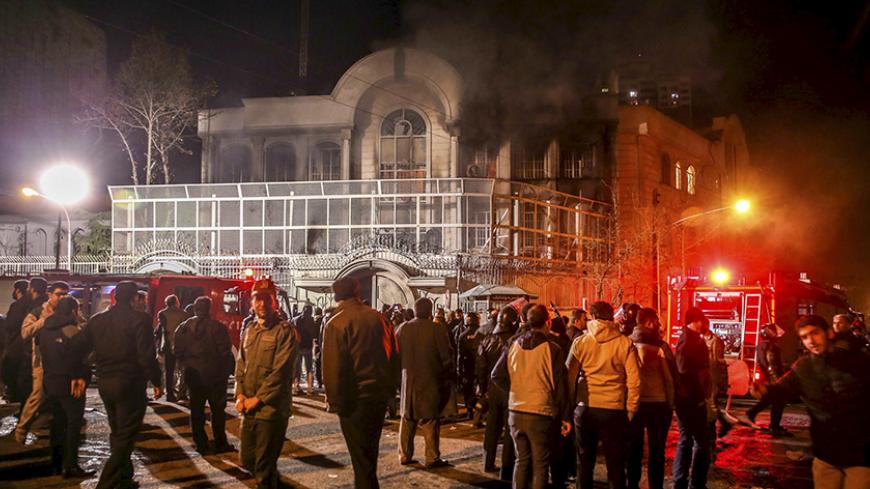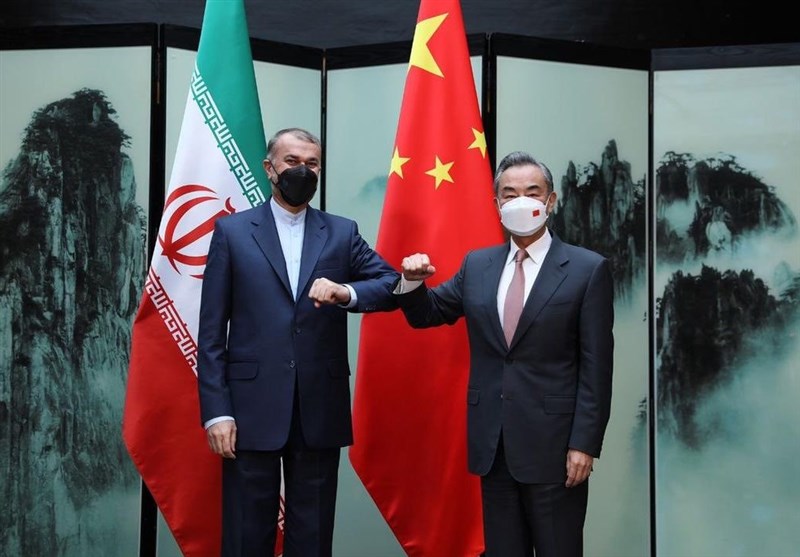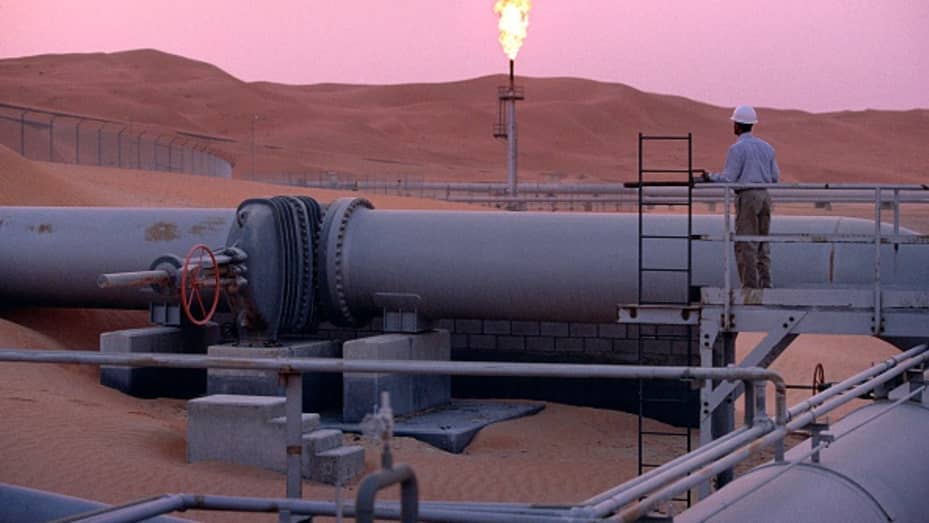By: Mana Honar Pisheh
Background
In 2016, Saudi Arabia severed all diplomatic relations with Iran after protesters stormed the Saudi Embassy in Tehran. Tensions between the two countries have been central to many of the Middle East region’s sub-conflicts, with Riyadh and Tehran backing opposing forces in Syria, Yemen, and Lebanon. The March 10 announcement took many by surprise; however, clandestine negotiations hosted by Iraq, and later Oman, had been ongoing since at least April 2021. The open hostility and vitriol between the two foremost rivals of the Persian Gulf led Iran’s current president, Ebrahim Raisi, in 2016 to describe the Al-Saud dynasty as a “cancerous tumor in the Islamic world.” Saudi Arabia’s Crown Prince and de facto leader, Mohammed bin Salman (MBS), likened Tehran to Nazi Germany and threatened to “take the fight” to Iran. Despite the hostile rhetoric and proxy conflict between Riyadh and Tehran, the region has previously experienced sudden diplomatic breakthroughs, such as the Al-Ula Agreement and Abraham Accords signed in 2020 and 2021, respectively. As with the latest Saudi-Iranian rapprochement, the Al-Ula Agreement and Abraham Accords almost certainly took years of back-channel and discreet negotiations. Furthermore, similar sudden diplomatic breakthroughs between erstwhile rivals, most notably in Yemen but also potentially in Syria, will remain possible in 2023.
The Role of China
While important, China’s role in the negotiations’ success appears to be overstated. Given the continued hostility between Tehran and Washington, the former would unlikely have agreed to a US-sponsored deal. Similarly, any talk of a significant Saudi pivot away from the West towards the East is unlikely to materialize. MBS undoubtedly would not have been willing to offer the US, especially under the leadership of President Joe Biden – who had vowed to make the Kingdom a pariah state – a diplomatic win. In contrast to the US, China has reasonably warm relations with both countries, placing it in a position to sponsor a deal that the US could not have achieved.
Riyadh and Tehran are ready to turn the page after years of turmoil: The restoration of relations between Saudi Arabia and Iran is ultimately the result of their recognition that the animosity between each other was mutually undesirable. Neither Saudi Arabia nor Iran was made more secure by severing ties, and neither was more successful in advancing its own interests against one other than before. The rivalry contributed to the Saudi-led coalition intervening in Yemen, strengthening Iran’s role and influence with the Al-Houthis.
Why Rapprochement Now?
Several external factors have pressured Saudi Arabia into recalibrating its relations with Iran. These include President Biden signaling the end of support for Saudi “offensive operations” in Yemen and Washington’s recent pivot to Asia. Another contributing factor was, until April 2022, the near-weekly launching of cross-border weaponized drone and missile attacks against Saudi Arabia by Yemen’s Al-Houthi rebels. MBS has also attempted to improve his international reputation following several foreign policy blunders since his rise to power in January 2015. However, the most significant contributing factor in Riyadh’s rethinking its foreign policy goals and approach to Tehran was the lack of a US response to the September 2019 attacks against Saudi Aramco-operated oil facilities at Abqaiq and Khurais. The combined weaponized drone and ballistic missile strikes as part of this attack temporarily knocked out half of Saudi Arabia’s crude oil output.
Iran’s direct involvement in the attack exposed Saudi Arabia’s vulnerabilities and demonstrated the limits of US security guarantees to protect the Kingdom. The threat of an Iranian attack remained elevated as recently as November 2022, following rather spurious reports of an “imminent” attack targeting the Kingdom.
From the perspective of Iran, resuming diplomatic relations with Saudi Arabia will enable it to focus on its war between wars with the US and Israel. Tensions between Iran and the US and Israel will likely grow in the coming months and years, particularly as hopes of restoring the Joint Comprehensive Plan of Action (JCPOA) fade. Recent reports indicating Tehran has begun enriching uranium close to weapons-grade levels will almost certainly lead to further covert attacks against facilities in Iran, contributing to a cycle of tit-for-tat violence between Tehran and its rivals. While a direct conflict is unlikely, Iran can avoid the possibility of fighting on multiple fronts through the resolution of its dispute with Saudi Arabia. Similarly, Saudi Arabia, by virtue of its geographic proximity to Iran, is likely unwilling to bear the brunt of any significant increase in tensions or conflict, particularly after the success of the Abqaiq and Khurais strikes in demonstrating the Kingdom’s exposure to external attacks.
Several external factors have pressured Saudi Arabia into recalibrating its relations with Iran. These include President Biden signaling the end of support for Saudi “offensive operations” in Yemen and Washington’s recent pivot to Asia. Another contributing factor was, until April 2022, the near-weekly launching of cross-border weaponized drone and missile attacks against Saudi Arabia by Yemen’s Al-Houthi rebels. MBS has also attempted to improve his international reputation following several foreign policy blunders since his rise to power in January 2015. However, the most significant contributing factor in Riyadh’s rethinking its foreign policy goals and approach to Tehran was the lack of a US response to the September 2019 attacks against Saudi Aramco-operated oil facilities at Abqaiq and Khurais. The combined weaponized drone and ballistic missile strikes as part of this attack temporarily knocked out half of Saudi Arabia’s crude oil output. Iran’s direct involvement in the attack exposed Saudi Arabia’s vulnerabilities and demonstrated the limits of US security guarantees to protect the Kingdom. The threat of an Iranian attack remained elevated as recently as November 2022, following rather spurious reports of an “imminent” attack targeting the Kingdom.
From the perspective of Iran, resuming diplomatic relations with Saudi Arabia will enable it to focus on its war between wars with the US and Israel. Tensions between Iran and the US and Israel will likely grow in the coming months and years, particularly as hopes of restoring the Joint Comprehensive Plan of Action (JCPOA) fade. Recent reports indicating Tehran has begun enriching uranium close to weapons-grade levels will almost certainly lead to further covert attacks against facilities in Iran, contributing to a cycle of tit-for-tat violence between Tehran and its rivals. While a direct conflict is unlikely, Iran can avoid the possibility of fighting on multiple fronts through the resolution of its dispute with Saudi Arabia. Similarly, Saudi Arabia, by virtue of its geographic proximity to Iran, is likely unwilling to bear the brunt of any significant increase in tensions or conflict, particularly after the success of the Abqaiq and Khurais strikes in demonstrating the Kingdom’s exposure to external attacks.
Obstacles to agreement
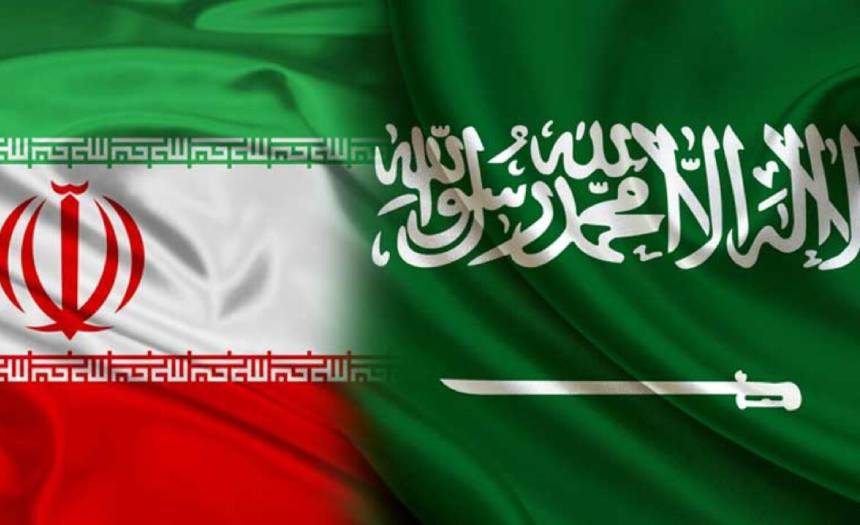
Despite restoring ties between Tehran and Riyadh, several obstacles remain to a long-lasting and genuine reconciliation. Mutual distrust of the other’s intentions will remain high. While the sectarian (namely Sunni-Shi’a) divide is often overrepresented in explaining the rivalry between Tehran and Riyadh, this cannot be entirely disregarded either. Sectarian tensions between the two countries can quickly resurface, particularly if security crackdowns target minority groups in both countries. Iran is unlikely to reduce its regional footprint and limit its support to its proxies and allies. Despite Saudi attempts to bring Iraq back into the Arab fold, Iran is unlikely to stop supporting Iraqi Shi’a militias. Moreover, if Saudi Arabia regards the actions of Yemen’s Al-Houthi rebels as a litmus test of Iran’s intentions, Riyadh is likely to be disappointed; the Al-Houthi rebels are not a proxy in the same vein as the Lebanese Hizballah. Saudi Arabia’s concerns regarding Tehran’s nuclear program are another potential issue that could derail the agreement in the near-to-medium-term future.
Saudi Arabia and Iran’s agreement to restore relations is significant and on par with the Al-Ula Agreement. The detente is, however, unlikely to evolve into a very friendly relationship any time soon. Restoring diplomatic ties is unlikely to resolve the myriad of contentious issues between Riyadh and Tehran. Still, it can ensure that both countries have the means to resolve disputes at a much lower cost. Ultimately, a Saudi-Iranian detente, however fickle it may be, can only contribute to the stability of the Middle East, particularly the Persian Gulf, which has suffered the brunt of the Saudi-Iranian conflict.
Riyadh and Tehran resume diplomatic relations agreement future
Riyadh and Tehran agreed to resume diplomatic relations and reopen embassies in each other’s countries following China-led negotiations in Beijing that culminated on March 10.
The Future of Iran-China Relations
They also vowed to affirm “the respect for the sovereignty of states and the non-interference in internal affairs of states,” a major step after years of mutual animosity, suspected attacks and espionage between the two countries.
Investment from Saudi Arabia would likely be a major boon for Iran’s battered economy, though it’s unclear whether existing U.S. sanctions on Iran would apply to financial activity between the two countries.
 |
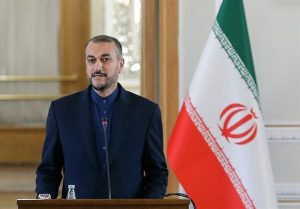 |
The Ministry of Foreign Affairs of Saudi Arabia announced today that Prince Faisal bin Farhan Al Saud, the Minister of Foreign Affairs of Saudi Arabia, and Hossein Amir Abdollahian, the Minister of Foreign Affairs of the Islamic Republic of Iran, agreed to “soon” to implement the historic agreement to restore relations with each other.
Iran-Emirates Chamber of Commerce Has a Mission for- Expo 2020 Dubai and Beyond-


